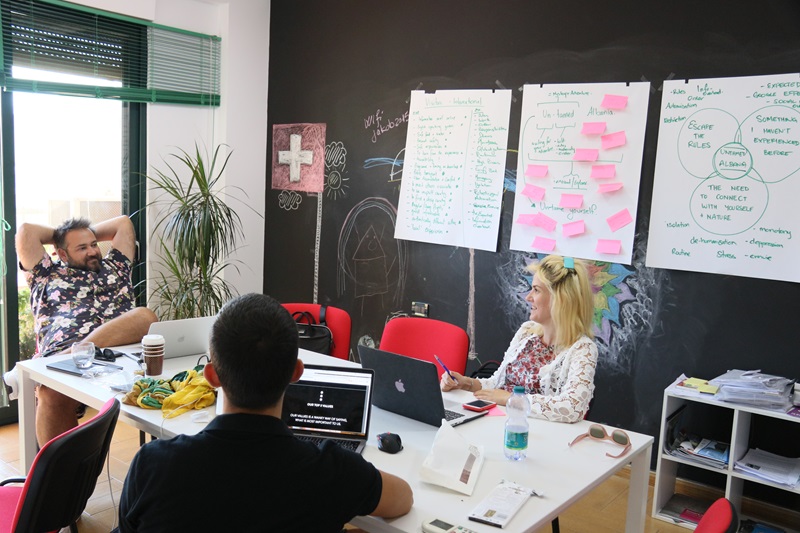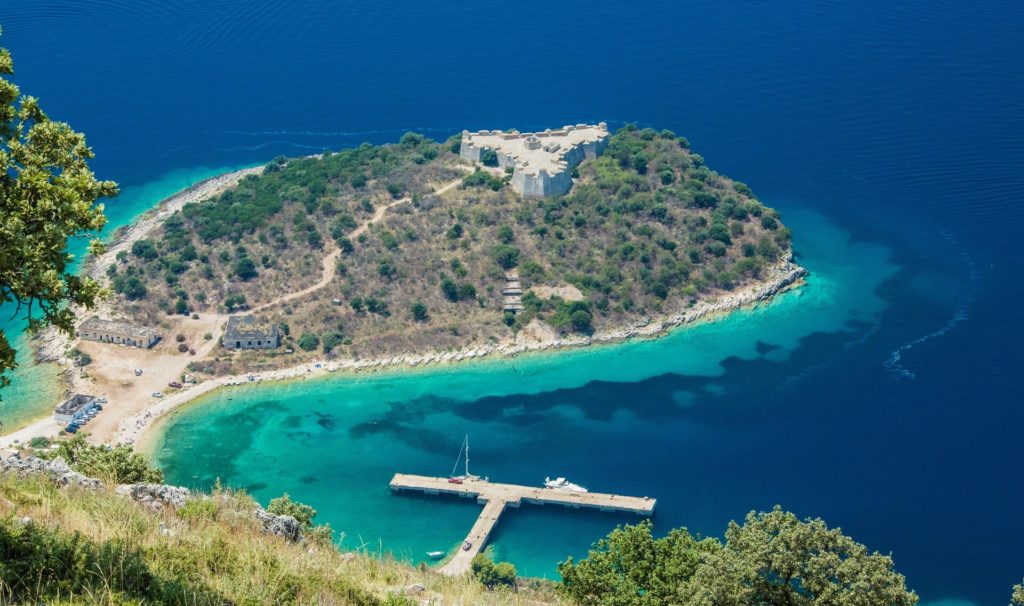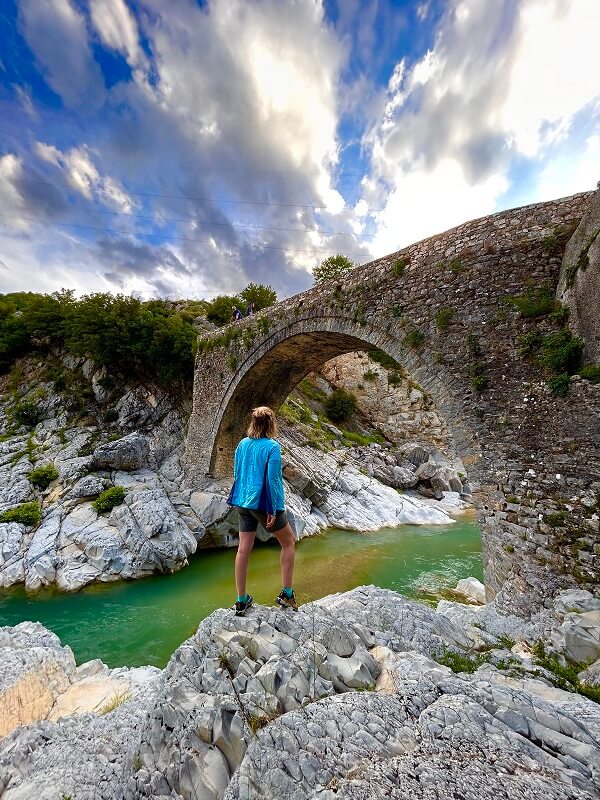Today’s crisis exposes the critical need to ensure freshwater and communities that depend on it are resilient, respected, and climate-prepared. It’s time to invest in a just energy transition to renewables that do not harm our precious water sources. Sign on for the future of our freshwater in a post-COVID world.
Around the world, construction of large dams has slowed due to to pandemic-related lockdown measures and the related economic fallout. Big Hydro has even recently acknowledged a drop in “confidence regarding future investments and operations.” Projects with staggering human and ecological costs, previously seen as inevitable, are now being called into question by communities, nations, and entire regions.
That’s the good news.
Yet in spite of growing economic uncertainties around dam construction, and the global lockdown, new projects are still proceeding. Sign on to demand a stop to new dam construction during the pandemic, and to secure the future of our freshwater.
Another dam was recently proposed for the Lower Mekong Mainstream, despite the fact that Thailand has no use for the energy generated. South Africa has reiterated its commitment to realizing the Inga 3 megaproject on the Congo River, even with the dam’s shocking $18 billion price tag and the country’s deepening debt crisis. In the Brazilian Amazon, the Bolsonaro government is attempting to proceed with construction of the Castanheira dam on the Arinos River, an enormously expensive project that would produce a mere 140MW of electricity, provoking disastrous consequences for fish biodiversity and the livelihoods of indigenous peoples.
The world cannot afford for these “business as usual” projects to proceed.
Projects like these pose extreme threats to biodiversity, our ability to slow the climate crisis, and the lives and livelihoods of hundreds of millions of people. And this is not even to mention the debt large dams impose on low-income countries, while failing to address the energy poverty and other inequities they promise to alleviate. To offer but one heartbreaking example of what this looks like: two years ago over 6,500 rural and indigenous people were displaced, and dozens killed, when a dam in Laos collapsed. Though the corporation has yet to adequately compensate survivors–who remain in difficult conditions with temporary housing, poor facilities, and lost land and livelihoods–developers and investors have nonetheless forged ahead in completing construction. These corporate interests are anticipating large profits as a result.
But Big Hydro is not resigning. In a recent statement from the International Hydropower Association, the world’s largest hydropower corporations are calling for governments to “fast-track planning approvals” to ensure new construction can commence as soon as possible. The industry is also working to make sure large dams are seen and underwritten as essential to the recovery. And it is working to cast ecologically-devastating projects as both renewable and central to a clean energy transition.
Far from looking to antiquated and greenhouse-gas intensive technology to speed a just transition, we should be taking stock of the dams that are proposed…the financing that has been committed…and the genuine need for large dams altogether.
There’s a reason the hydropower sector was declining and true renewables like wind and solar were ascending long prior to the pandemic. The cost-benefit of bankrolling big hydro projects to meet global energy needs is increasingly untenable. Dams are being decommissioned from the Klamath to the Danube. In March, the Cambodian government placed a moratorium on new dams on the Mekong mainstream for ten years, while increasing investment in its potential for more just and resilient renewables.
That’s why we’re calling on governments, developers, and financiers to support a moratorium on new dams, and to prioritize energy development which respects the health of river ecosystems, community rights and energy justice.



